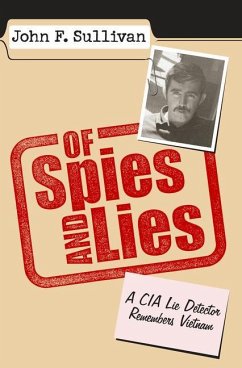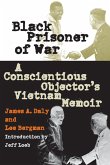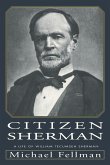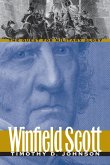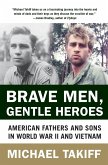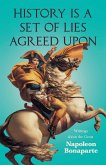Any serious study of the Vietnam War would be less than complete without accounting for the CIA's role in that conflict-a role that increased dramatically after the Tet offensive in 1968. We know most of the details of military engagement in Vietnam, given its greater visibility, but until recently clandestine operations have remained shrouded in secrecy. John Sullivan was one of the CIA's top polygraph examiners during the final four years of the war in Vietnam, where he served longer and conducted more lie detector tests than any other examiner and worked with more agents than most of his colleagues. His job was to evaluate the reliability of the agency's information sources, an assignment that gave him a more intimate view of the war than was afforded most other participants. In the first book to be written by such an operative, he tells what it was like to be an agency officer working in Vietnam, Cambodia, and Laos during those chaotic years, putting a human face on covert operations that helps us better understand why we lost the war. Of Spies and Lies traces Sullivan's journey from dedication to disillusionment while serving in Southeast Asia. Although many CIA personnel lived better in Vietnam and made more money than ever before, their actual working conditions hindered effective intelligence gathering. A much larger and far more distressing obstacle, however, was the agency's failure to send its "best and brightest" agents to Southeast Asia. On the contrary, as Sullivan notes, Vietnam became a kind of dumping ground for poor performers, alcoholics, refugees from bad marriages, and other "problem agents." Through anecdotes and inside stories Sullivan provides new insights into CIA culture that debunk the "James Bond" image of clandestine operations and show how in Vietnam the seamier aspects of that culture were allowed to grow even worse. He discusses the roles of the CIA's three most significant players--Ted Shackley, General Charles Timmes, and Tom Polgar--from a more personal perspective than previously available and candidly portrays a rogues' gallery of cheats, scoundrels, and libertines, while also giving due credit to those who fought hard to maintain professional standards. One of the most frank and intimate looks at CIA operations in Vietnam ever published, Of Spies and Lies reveals why the CIA's efforts there were such a failure and allows a more complete assessment of its poor performance in a losing cause.
Hinweis: Dieser Artikel kann nur an eine deutsche Lieferadresse ausgeliefert werden.
Hinweis: Dieser Artikel kann nur an eine deutsche Lieferadresse ausgeliefert werden.

